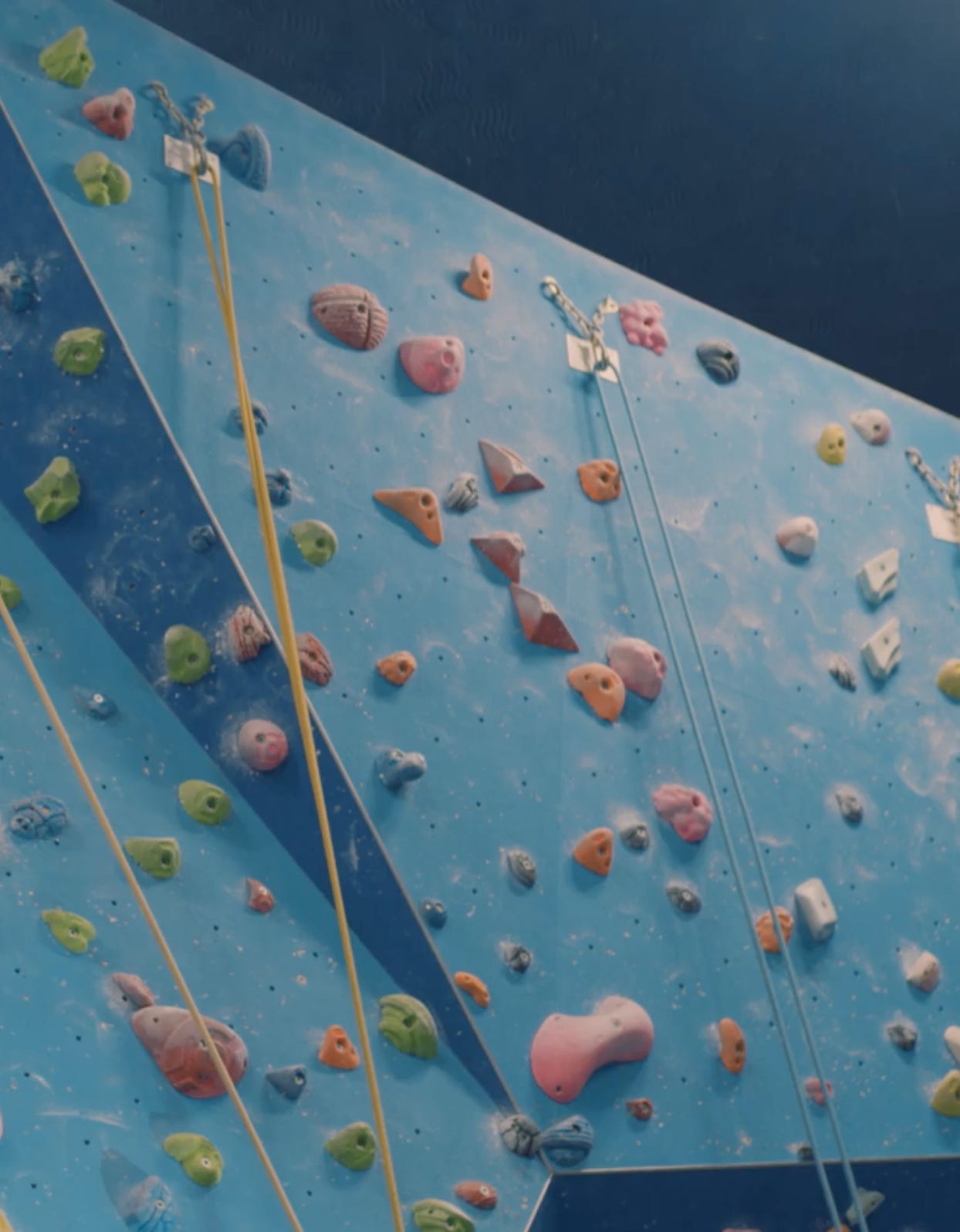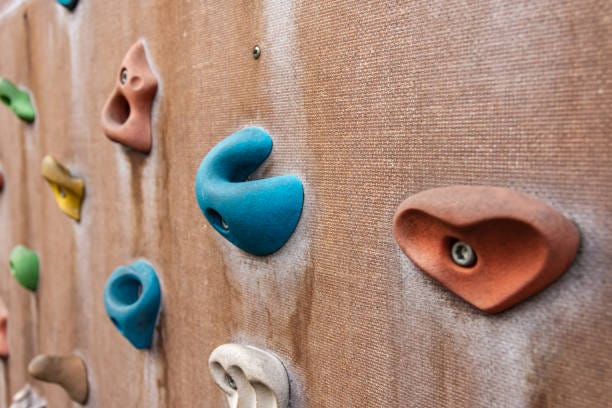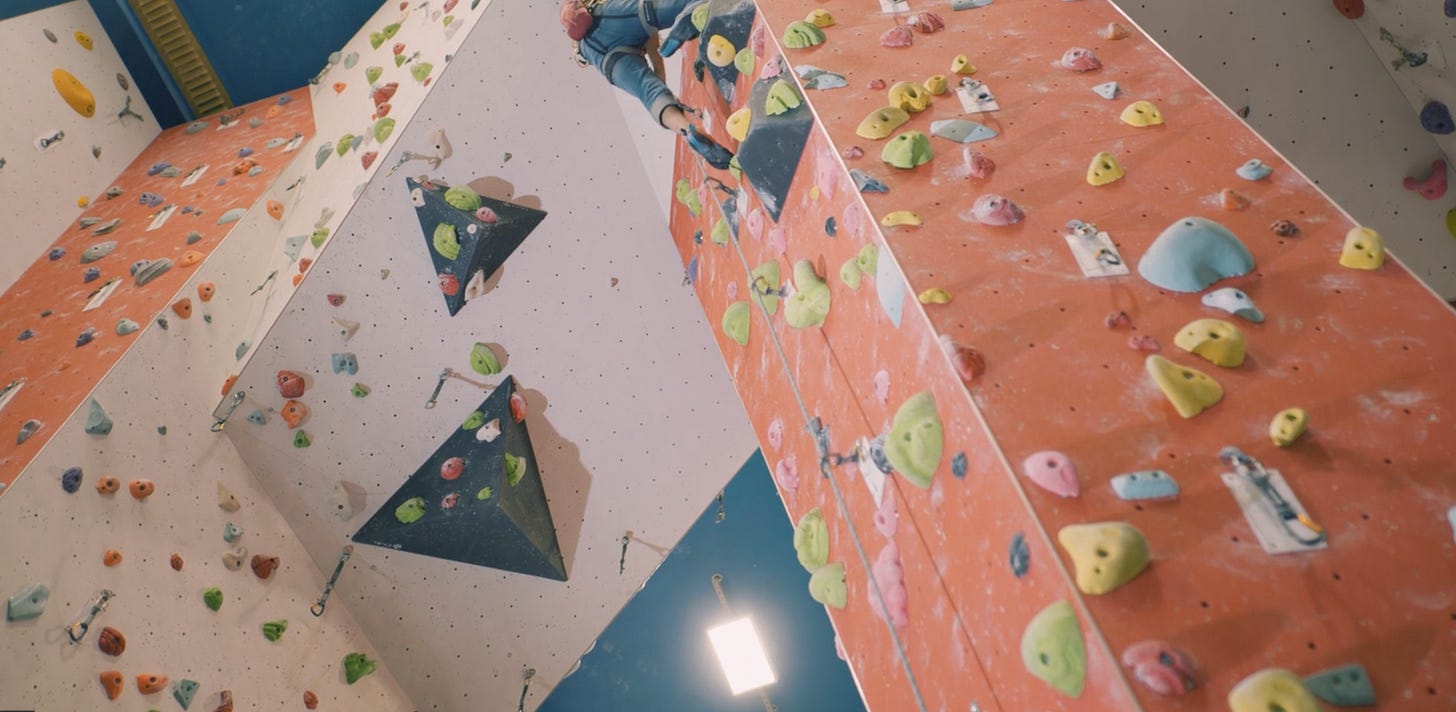The last couple of weeks have been like staring at the face of a miles-high vertical wall. Agony, helplessness, the compounding crush of death and loss, the impunity and soullessness of empire enabled by each American taxpayer dollar. Our reps aren’t listening, the fire is not ceasing. Yet here we are logging into Zooms, meeting deadlines, business-as-usual-ing as our phones allow us a front row seat to the systematic starvation and decimation of Gaza.
I named this newsletter What Only You Can Do not just to provoke what each of us can singularly express and create, but also for the inner work that none of us can outsource or delegate away, and further how each of us can show up to push towards justice. For the last two weeks, I’ve been holding the thorny irony of the verbs “can” and “do” when it feels like from my comfortable, busybody perch, nothing I can do can stop bleeding, stop bombs, stop famine. Stunned and moved by the heartbreaking clarity of Aaron Bushnell’s self-immolation, I know I will not set myself ablaze.
So what can I do, besides lament and numb? What braveries can we enact, what sacrifice? The fear is nothing meaningful, not enough.
I’m no climber, but I’ve been thinking about the misshapen climbing holds that boulderers use at the gym. With a few small and scattered holds, suddenly an impossible vertical wall becomes possible to scale up. And when facing the vertical wall of all I cannot do in the world at large, I find my own kind of hand holds to curl into and pull myself up by, voices and words and truths to grasp.
I read my friend
’s most recent Substack post, where she reflects on her role as a poet and an author in this moment:I am thinking about what it means to “do language,” in this moment where we are witnessing the term “human animals” wielded in an official capacity to justify ethnic cleansing, when we are witnessing respected news outlets use the passive voice to harrowing effect—describing the murdered as people who simply “have died,” as if that is just the natural order of things. Long stretches of silence about the war in Sudan, silence that is not the absence of language but a language of its own. And when the war in Sudan is mentioned, it is often referred to as “the forgotten war.” As if I or any of my people could forget. But our memory is not the one being centered by this language. […]
And inspired by the words of Toni Morrison, Safia writes,
It is not work we have the luxury of abandoning. We do not have the luxury of despair, of self-pity, of throwing up our hands because the work doesn’t feel important or heroic enough. We have to do the language, hold the line.
This last sentence rings within me – while our efforts may not feel sufficient or even important, our self-pity cannot overcome our doing. Do the language, hold the line. That’s a hand hold for me.
Another hand hold: a Substack post by
, titled “Choose the Role You Can Sustain Not the Role You Think We Need.” She encourages us to imagine:What happens when we stop asking, “what should I do?” in the wake of every mass colonial violence and instead ask “what’s a practice of relation that I could sustain for a lifetime?”
I think of the remarkable 100,000+ voters in Michigan who voted “uncommitted” instead of dutifully checking the box for Biden – how one person declining to fall in party line with a deeply disappointing, infuriatingly passive elected can feel meaningless, but how collectively we can vote in protest to make waves and tremble the status quo. That’s a hand hold for me, especially as I open up my California ballot today.
And yes, even when feeling despondent at the Democratic party as a whole, local elections really do matter, and I for one encourage you to vote. Voting guide here for Los Angeles (today! no it’s not too late!). Seattle & Washington State vote next week (and can actually vote uncommitted) and shoutout Seed the Vote who has been pivoting their 2024 strategy to supporting national electeds fighting for ceasefire.
As a singer-songwriter, I’ve held for years the question of what a song can really do when the world is on fire. I think of my friend Bryan John Appleby, a folk singer-songwriter in Seattle who has been organizing showcases of artists called Seattle Bands Stand With Gaza. I’m grateful to be performing next Thursday, March 14th, for a benefit to support the work of Seattle’s chapter of Jewish Voice for Peace and Falastiniyat, and even more hype to perform alongside my friends and incredible artists Shaina Shepherd and
. (Tickets are here).Hand holds are craggy features to grasp, to lift ourselves up with. Hand holds are also warm embraces, palms and fingers finding one another, tactile reminders that we are not alone.
Whilst I am not physically scaling a mountain anytime soon, I found unsuspected poetry in the REI’s description of climbing holds. Their advice to getting “the most” out of a climbing hold reads:
Squeeze only as hard as you need to stay on a hold. Squeezing as hard as you can exhausts forearms prematurely and you’ll feel “pumped” because so much blood flow is directed to arms when they’re tensed.
Focus on the direction you want to pull. To get the strongest and easiest grip, pull perpendicular to the hold. Line your weight up with that direction of pull and you’ll be less likely to come off the rock.
So, inspired by those who climb despite the heights, here is my exercise for you. I encourage you to take ten minutes to close down your screens and reflect on the prompts below. Consider what feels impossible, and then, consider what feels graspable, or extends a pulsing sweetness, or both.
Exercise: Finding Hand Holds (10 min)
A type of mad libs to redirect helplessness. See if you can complete three different sentences per prompt, and give yourself the space to free-write past the sentences if you feel so moved.
Find Your Hold:
In the face of [insert what feels insurmountable], I find a hand hold in [insert what provides insight, possibility, motivation].
Focus Your Direction:
I wish to lift myself from feeling like [insert what feels immobilizing] to feeling like [insert what feels empowering].
Ease Your Squeeze:
I counterbalance my tendency to [insert self-defeating or self-diminishing habit] by [insert self-regulating activity or practice].
I would love to hear if and how this landed for you - what your hand holds are, the mosaic we can make together against all that towers above.
with love and always in solidarity,
<3 hollis









💕💕💕